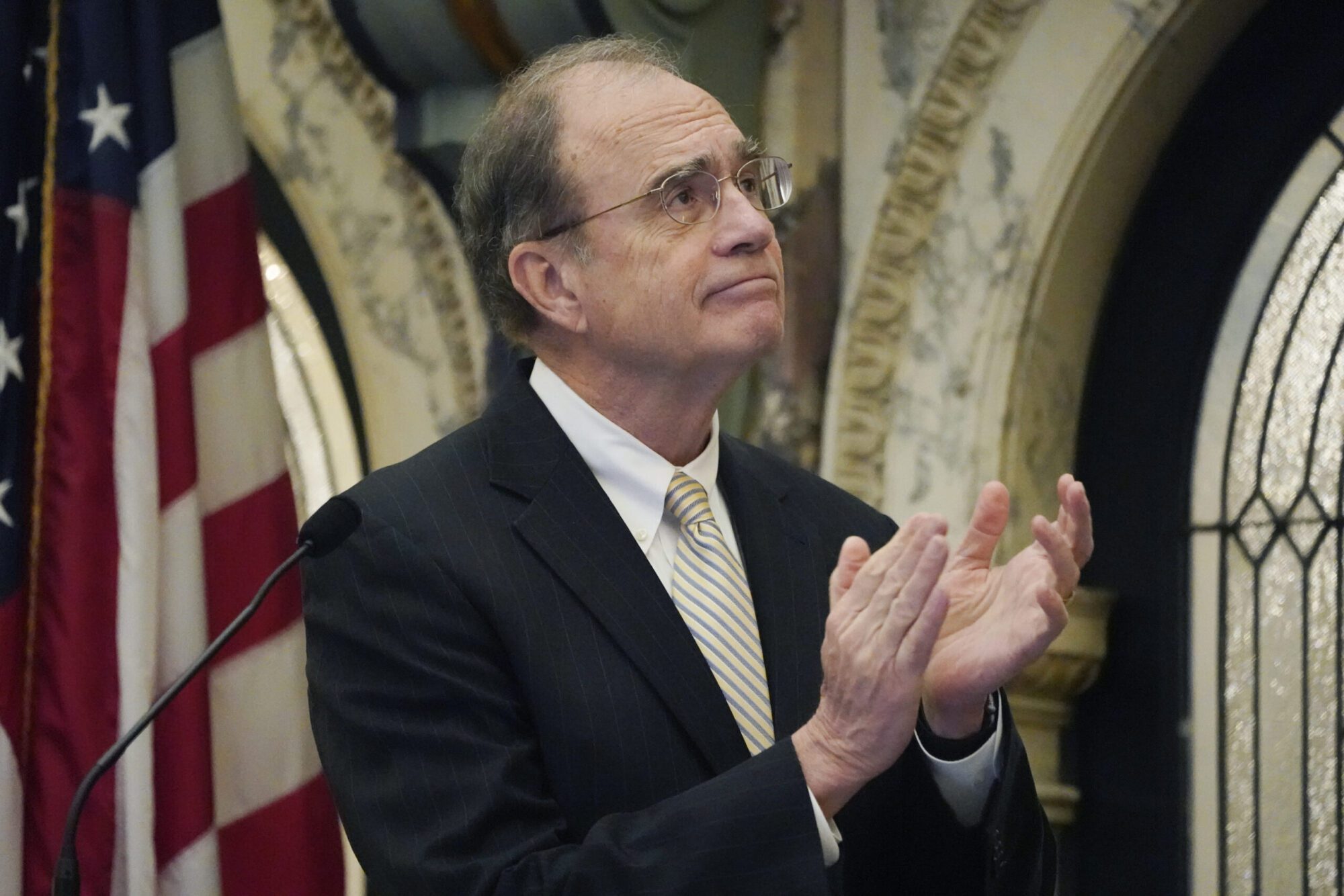
Tuesday’s announced departure of the Mississippi Braves won’t be the last time a sports franchise leaves a town in search of new taxpayer subsidies. It hurts, nonetheless, for a city that invested so much on major league promises for minor league baseball.
In 2003, after a twenty year stretch in Greenville, South Carolina, the Braves Double-A affiliate announced it was packing up shop and heading to Pearl, Mississippi.
On Tuesday, the Mississippi Braves announced that this – their twentieth season in Pearl – will be the last before heading to Columbus, Georgia.
It’s a predictable, albeit sad, pattern.
The Braves arrived in town with much fanfare. “On behalf of all Mississippians, we are very excited to be affiliated with such a world class organization,” former Gov. Haley Barbour said at the time. “Having the Braves Double-A affiliate located in Pearl is a home run for this state.”
And Barbour was right. It seemed like a natural fit. Mississippi is very much part of the larger Braves country that covers most of the Southeast. A whole generation grew up watching the big league Braves on Ted Turner’s TBS.
Pearl, a short flight away from Atlanta, was very welcoming under then-Mayor Jimmy Foster. The City took out $78 million in bonds, including $28 million for the construction of Trustmark Park alone. The remainder of the debt would help finance development around the stadium, including the construction of Bass Pro Shops.

At the time of the move, the city of Greenville couldn’t – or wouldn’t – match Pearl’s offer. Foster’s vision was to turn a piece of swampy land into the economic center of his small Jackson suburb. While many Mississippians enjoyed the occasional ball game, the reality never matched the dream’s luster.
Today, attendance for the Mississippi Braves sits at 29th out of the 30 Double-A teams. The only time you’ll find anything resembling a sellout at Trustmark Park is when Ole Miss and Mississippi State play in the annual Governor’s Cup. Unfortunately for Mississippi, the only Double-A team with worse attendance is the Biloxi Shuckers, an affiliate of the Milwaukee Brewers.
Because of the lackluster attendance, and because economic development studies often exaggerate economic impact, Trustmark Park and the Mississippi Braves were never the moneymaker for Pearl that taxpayers had been promised.
Pearl regularly dipped into their general fund to cover the debt owed on the ballpark and neighboring shopping center. The City is also still making annual payments through this year to site developers.
In 2015, Moody’s issued a quadruple downgrade of Pearl’s credit rating to “junk bond” status. The City has worked hard to reverse course on the debt. In October of 2023, Pearl finally achieved a positive credit rating for the first time in eight years – sadly, right as the team that precipitated the initial credit plummet is leaving.
Current Mayor Jake Windham expressed disappointment in the Braves’ decision. Windham said the City “worked diligently with Spectrum Capital, state and county leaders, as well as Diamond Baseball Holdings, to come to an agreement. It is truly unfortunate that despite our best efforts, the Braves have chosen to take this route.”
But when it came to keeping the Braves, the truth is there probably wasn’t much Pearl, or the state, could have done. The days of having Braves franchises throughout the Southeast appears to be a thing of the past based on recent history. Braves management has an apparent desire to have its entire system in Georgia.

That is where Columbus enters the picture. Reports began to surface a couple weeks ago that the city about two hours south of Atlanta was making efforts to lure the Mississippi Braves to the Peach State. So far the city has voted to explore a $50 million bond to make upgrades to Golden Park, a nearly 100 year old stadium. Columbus sells the park as part of a larger complex that also houses a city skating rink, a civic center, a football stadium and a skatepark.
The park last hosted an MLB affiliated team in 2008. It’s an interesting choice, but it comes with the two things ownership apparently covets: Proximity to Truist Park, where the Major League Braves play, and a pot of new government subsidies.
When the Braves moved from Greenville to Pearl, it wasn’t the first time a minor league team left a city for money. It wasn’t even the first time the Braves had done it.
Two years earlier, their Single-A affiliate moved from Macon, Georgia to Rome, Georgia, with the help of $15 million in taxpayer subsidies. Their Triple-A affiliate received $64 million from Gwinnett County, Georgia to move from Richmond, Virginia to Lawrenceville, Georgia. And then there is the big league team, which received $722 million from Cobb County, Georgia to move the Atlanta Braves north of the City.
The Braves have made an art form of cities bidding against each other, even if they already know where they are going.
It’s a similar picture in neighboring states. We’ve seen Alabama taxpayers in Birmingham, Montgomery and Madison, a Huntsville suburb, spend more than $100 million on three stadiums in the past decade. For that money, they at least got cool nicknames, like the “Trash Pandas.”
Tuesday’s announced departure of the Mississippi Braves won’t be the last time a sports franchise leaves a town in search of new taxpayer subsidies. It hurts, nonetheless, for a city that invested so much on major league promises for minor league baseball.









